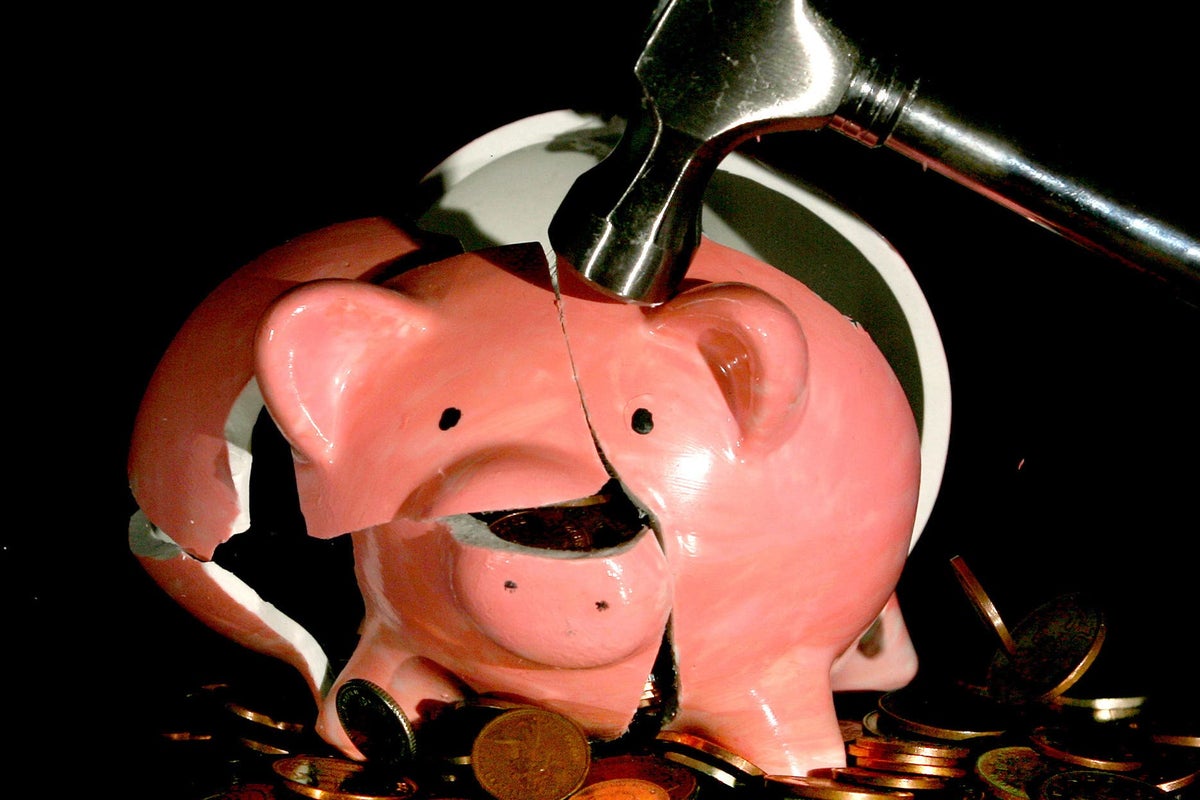
Rising interest rates will pile more pressure on households who are already dealing with a “toxic mix” of high prices and falling real incomes, experts have warned.
The Bank of England confirmed a 0.75 percentage point increase to the base rate, pushing it to 3%, meaning people will face rising housing costs on top of other price surges, such as food and energy bills.
Morgan Wild, head of policy at Citizens Advice, said: “Right now, people are facing a double whammy of soaring interest rates and sky-high inflation.”
As well as pushing up mortgage costs for homeowners, the move is also expected to put further upwards pressure on rental prices, as landlords hike their rents to cover their own rising costs. Further reductions in the choice of rental homes, if more landlords decide to exit the market, would also put an upward pressure on rents.
Jane Tully, director of external affairs and partnerships at charity the Money Advice Trust, which runs National Debtline and Business Debtline, said: “Household finances are facing a perfect storm of both the damage done by high inflation, and now higher mortgage payments and rents, as landlords pass rate rises on.”
Even bigger challenges are now starting to surface in the rental market where landlords have typically relied on interest-only loans— Nicky Stevenson, Fine & Country
Nicky Stevenson, managing director at estate agent group Fine & Country said: “Even bigger challenges are now starting to surface in the rental market where landlords have typically relied on interest-only loans to finance their acquisitions.
“Many will see their monthly repayments double or even triple when their current deals end… The risk is that we see rental stock shrinking and rents going into overdrive.”
Rebecca McDonald, chief economist at the Joseph Rowntree Foundation said: “The combination of rising prices and higher interest rates make this an anxious time for everyone, but this is much more serious for those on the lowest incomes, already facing impossible choices between heating their homes and feeding their families.”
Frances Haque, chief economist at Santander UK said: “Despite recent economic data suggesting that the UK economy is entering a recessionary period, wage growth and the labour market remain robust, fuelling concerns about increasing domestic inflation.
“In addition, there is also a concern that the headline rate of inflation will increase further once the energy price guarantee scheme ends next March, although the extent of this will depend on announcements made in the Budget on November 17.
“However, with food prices remaining inflated and mortgage rates at significantly higher levels than those of the past decade, households will be continuing to look for ways of reducing spending to mitigate for such increases.”
To keep pace with inflation, you’re aiming to beat the inflation rate forecast for this time next year— Sarah Coles, Hargreaves Lansdown
Alice Haine, personal finance analyst at investing service Bestinvest said: “Higher interest rates will pile more pressure on household finances already battered by the toxic mix of high prices, falling real incomes, soaring borrowing costs and the effects of a recession.”
She said that with the Bank of England expecting inflation to peak at around 11% and the economy expected to contract further, “households should stick to a tight budget from now and boost savings where they can to build a robust buffer against rising costs and the added threat of job loss”.
Ms Haine continued: “A higher base rate is not good news for those looking to take on debt as loans, credit cards and overdrafts will only get more expensive.
“While anyone with an existing fixed-rate personal loan or car loan can relax as the terms of their loan have already been agreed, new borrowers will find the cost of credit higher when they compare products.”
Savings rates have been increasing in recent months and the latest base rate increase should give them a further boost.
Ms Haine said: “Savers that don’t switch their money to a high-interest account are seriously missing out, particularly when you consider the real return on their money is still deeply negative as inflation at 10.1% erodes the purchasing power of that cash.”
Sarah Coles, senior personal finance analyst at Hargreaves Lansdown said: “It’s also well worth bearing in mind that savings rates are forwards-looking, and inflation is backwards-looking – so to keep pace with inflation, you’re aiming to beat the inflation rate forecast for this time next year – which the Bank estimates at 5.2%.
“Right now, you can get up to 4.6% by fixing for a year – which isn’t far off.”
Rocio Concha, Which? director of policy and advocacy, said: “People who are struggling need help with rising costs across the board, which is why Which? is calling for businesses in essential sectors like supermarkets, energy firms and broadband providers to do more to help their customers.
“For example, supermarkets should make sure budget lines for affordable essential items are widely available across their stores, broadband providers must improve access to social tariffs and allow customers to quit their contract if the price goes up and energy firms must ensure they have adequate support staff in place to deal with a deluge of inquiries from worried customers this winter.”







